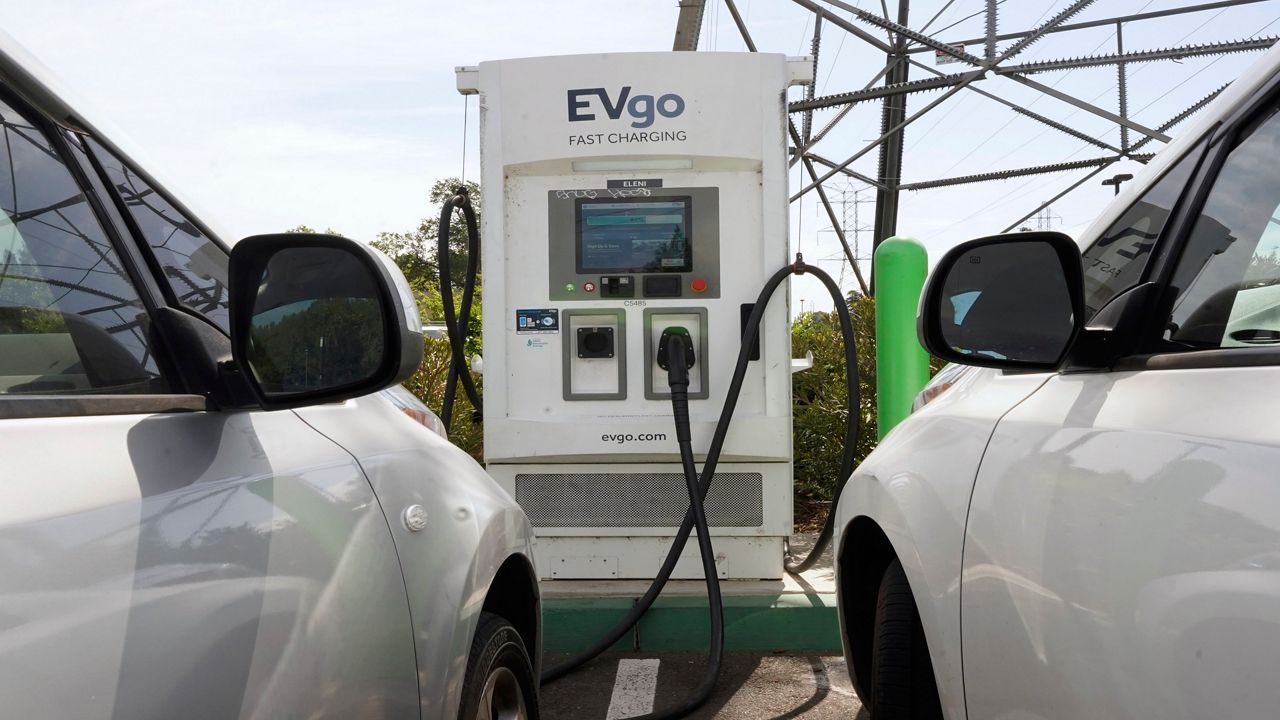The federal government should provide more funding to help New York transition to cleaner and more renewable forms of energy, advocates at AARP New York and the Public Utility Law Project said Thursday.
Utility ratepayers — already expected to pay more this winter to heat their homes amid an expected spike in bills — should not have to carry the burden, they added.
Both the Public Utility Law Project and AARP urged state regulators to seek more federal funding for these major climate change projects that are expected to drive the transition in the coming decades to sharply reduce the use of carbon-based fuels.
The groups want affected state utilities to seek federal funding to help pay for the cost of the effort.
“We need to recognize that New Yorkers are already burdened with regular rate increases, volatile supply prices, and expensive fixed charges,” said PULP Executive Director Laurie Wheelock. “It’s just good public policy for our State and the utilities to use the federal funds available to supercharge our decarbonization efforts and help lower energy burdens at the same time.”
New York's plan to transition to more renewable forms of energy — including a mix of wind, solar and hydropower — is expected to transform how homes and workplaces are powered; how cars and even lawn equipment are used in order to curtail the effects of a warming climate.
The change is expected to come at a cost, however, for utility ratepayers, though the federal government is injecting billions into a variety of efforts, such as building more electric vehicle charging stations.
But having New Yorkers pay for it largely through their utility bills is considered poor public policy by the groups.
“Tackling sustainability goals is the responsibility of all New Yorkers,” said AARP New York State Director Beth Finkel. “These newly available federal funds provide the State and its utility companies with a golden opportunity to shift away from continuing to saddle utility ratepayers with the bill for achieving New York’s sustainability goals. This won’t ever be as important as now, with the projected mega-spike in energy prices this winter.”




